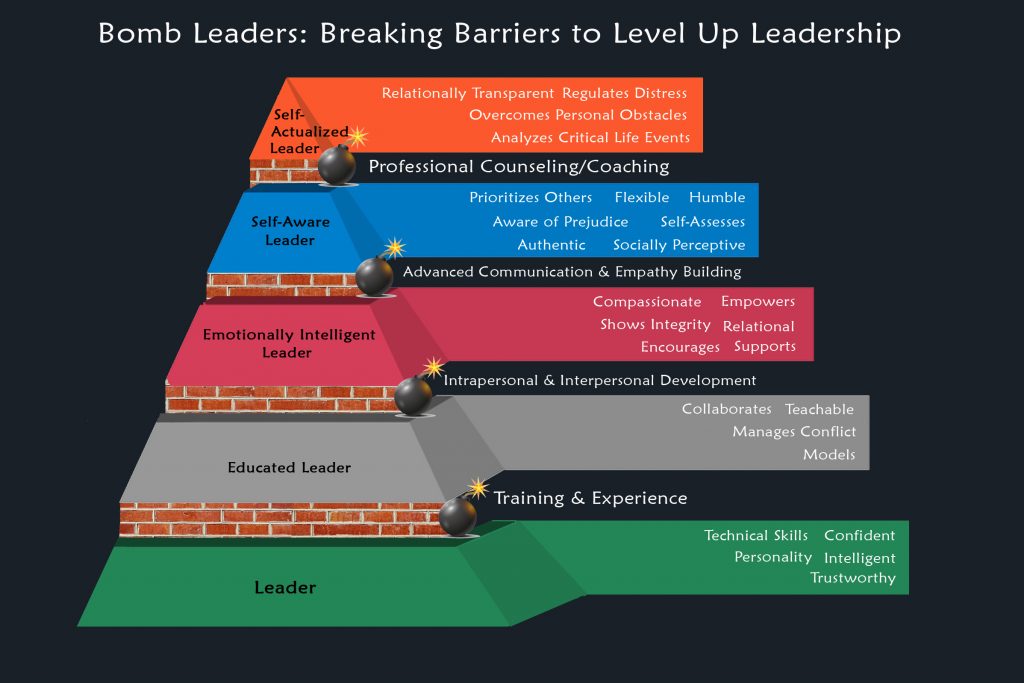
Counseling
Counseling for professionals is not glorified as a replacement for executive coaching, but as a suitable intervention to gain self-awareness for emotional intelligence transference to outside relationships and situations.
Professional counselors work through past and present events for broader understanding, self-awareness, and emotional intelligence. A leader might seek out a psychotherapist when they want guidance, well-being, and growth by exploring the past and how it relates to current function. Self and emotional awareness gained through the professional relationship are transferred to other relationships and circumstances. Psychotherapy combines thinking “brain work” with the deep brain work of examining triggers and emotional regulations. The difference can be attributed to professional counseling’s pursuit of exploring past wounds, triggers, and whys behind behavior and function.
Professionals who want to level up their leadership, well-being, and relationships should consider counseling as their next tool.
Counseling services are available in person in Williamsport, PA and also via telehealth to clients in both Pennsylvania and Texas.
Coaching
Leadership coaching primarily focuses on specific goals. Coaching emphasizes the here and now with little to no divergence into the past. Coaching utilizes problem solving techniques. A leader might seek a coach when they want help or guidance for a specific issue and want a behavioral result without exploring the past. Learning from coaching transfers to a specific situation.
Coaching services are available via telehealth to clients in all states, excluding PA and TX.
